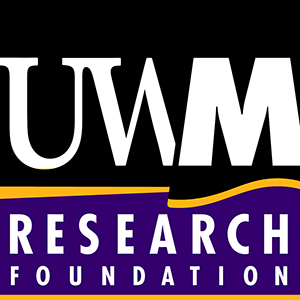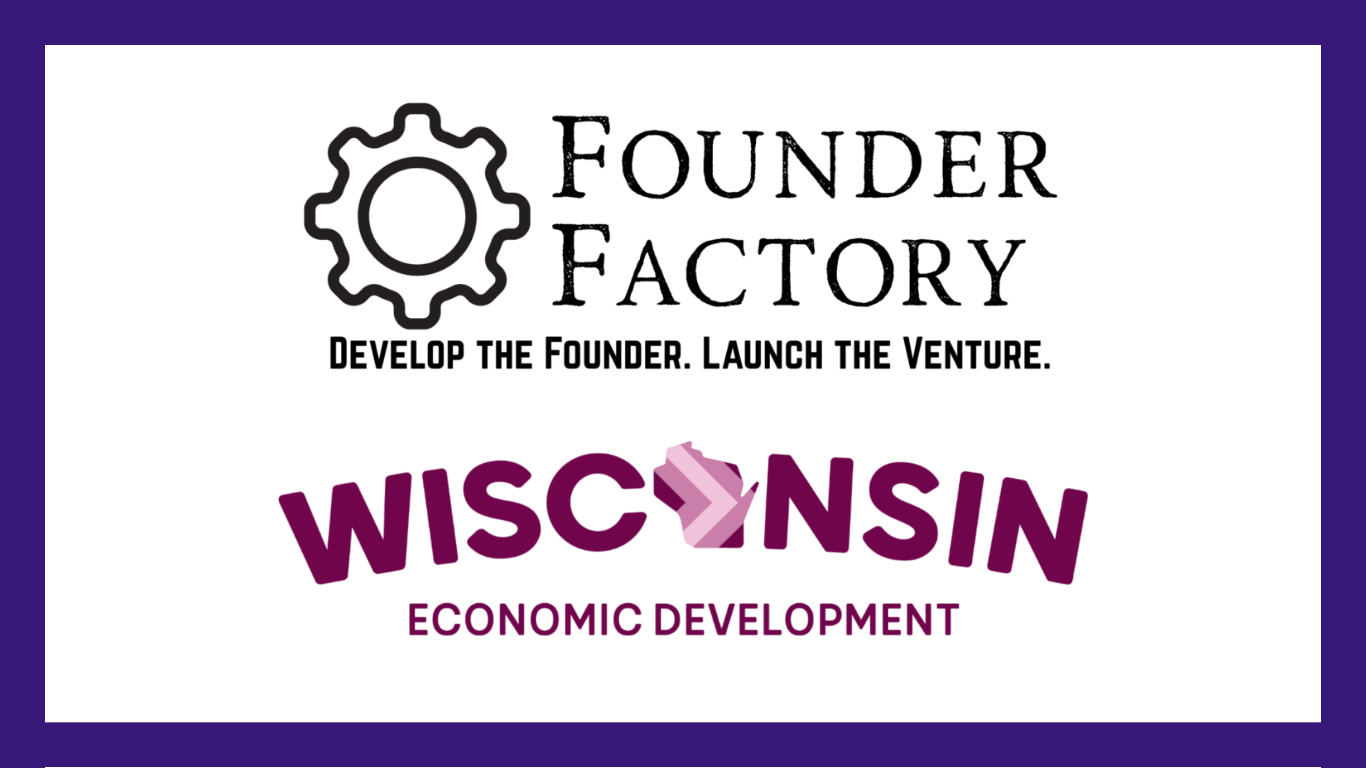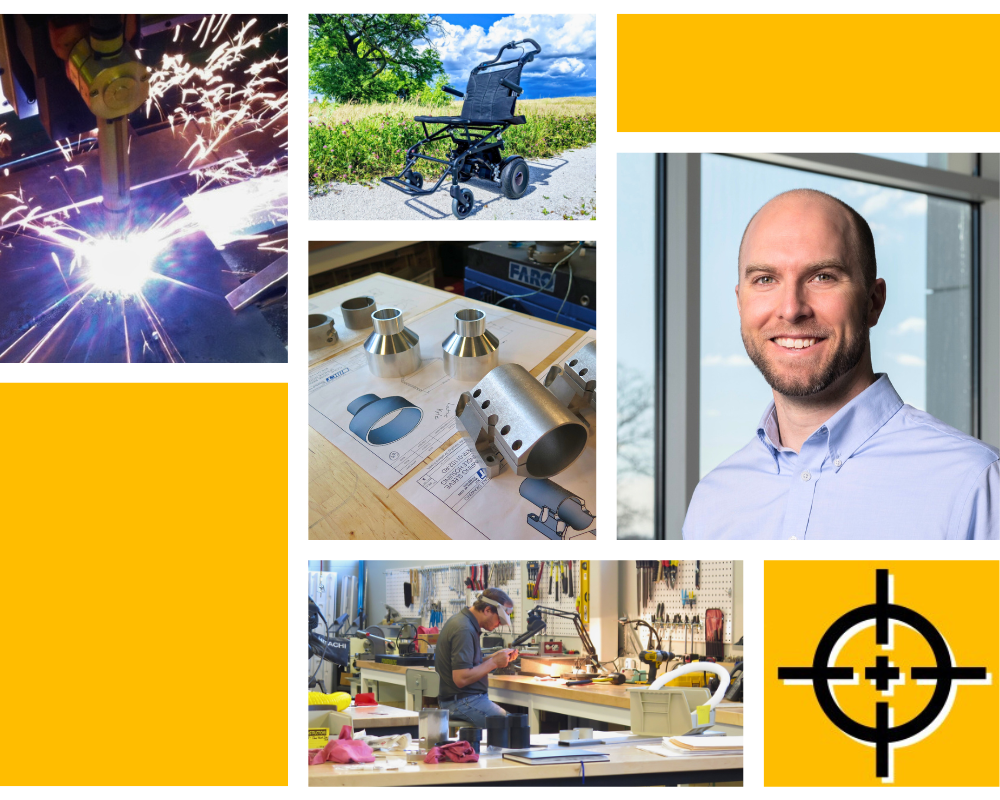Seeding Innovation: Over $250K in Catalyst Grants Power UWM Research
The Catalyst Grant program continues to spark innovation across campus by supporting research with strong commercial promise and real-world impact.
Thanks to generous support from the Lynde and Harry Bradley Foundation and Invenergy, more than $250,000 was awarded this year to six UWM research teams.
Their projects tackle challenges ranging from cancer diagnostics and clean energy to rehabilitation robotics and tools that support equitable decision-making in regulated professions.
Each team is using Catalyst funding to advance early-stage solutions that address urgent societal needs and position their innovations for real-world deployment and impact.
Learn more about their projects below.
Rehabilitation Robotics for Bed-Ridden Patients
Dr. Habib Rahman
Richard & Joanne Grigg Professor, Mechanical Engineering
Director, BioRobotics Lab
Dr. Habib Rahman is developing a portable, bed-attachable robotic exoskeleton to deliver early-stage lower-limb rehabilitation for bedridden patients. Unlike existing systems that require mobility, this device enables in-bed therapy, reducing caregiver strain and improving patient outcomes.
With Catalyst funding, the team will refine the prototype and validate its effectiveness in clinical settings. This innovation fills a critical gap in rehabilitation care and has strong commercial potential in hospitals, skilled nursing facilities, and home healthcare.
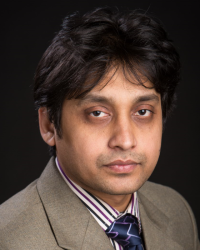
Targeted Cancer Therapy
Dr. Xiaohua Peng, Professor of Chemistry & Biochemistry
Dr. Taufeeque Ali, PhD Graduate, Chemistry
Drs. Xiaohua Peng and Taufeeque Ali are developing a targeted cancer therapy that combines a novel prodrug with vitamin C to selectively kill cancer cells while sparing healthy tissue.
With Catalyst funding, they will test the therapy in advanced preclinical models to demonstrate safety and effectiveness. This approach addresses the toxicity of conventional treatments and has strong commercial potential as a precision medicine solution, supported by existing intellectual property and a newly formed startup, SynXT Therapeutics.


Next-Generation Power Conversion for Energy Storage
Dr. Feng Guo
Assistant Professor, Electrical Engineering
Dr. Feng Guo is developing a next-generation power converter to improve the efficiency and cost-effectiveness of battery energy storage systems (BESS), which are essential for integrating renewable energy into the grid.
With Catalyst funding, his team will prototype a novel converter design that reduces power loss and simplifies grid compliance. This innovation addresses a key barrier to widespread BESS adoption and supports the transition to more sustainable, resilient energy infrastructure.
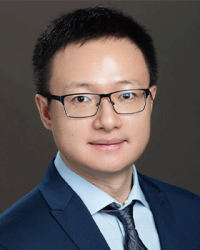
Precision Cancer Diagnostics
Dr. Ashwin Narasimhan
Visiting Assistant Professor, Biomedical Engineering
Dr. Priyatha Premnath
Assistant Professor, Biomedical Engineering; Director, Premnath Lab
Drs. Ashwin Narasimhan and Priyatha Premnath are advancing a new liquid biopsy technology to improve early cancer detection. Their approach uses engineered particles to more precisely isolate rare circulating tumor cells from blood samples.
With Catalyst funding, they aim to develop and validate a prototype that enhances diagnostic accuracy and supports personalized treatment planning. This innovation addresses key limitations in current methods and has strong commercial potential in oncology diagnostics and precision medicine.

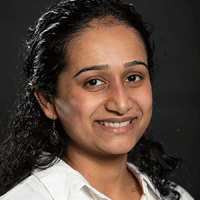
Environmental Monitoring and Agrochemical Development
Dr. Rebecca Klaper
Dean & Professor, School of Freshwater Sciences
Dr. Eric Ostovich
Postdoctoral Researcher, School of Freshwater Sciences
Drs. Rebecca Klaper and Eric Ostovich are developing a novel algal-based assay that uses genetically engineered cells to detect how chemicals affect aquatic ecosystems.
With Catalyst funding, they aim to create a prototype that identifies chemical mechanisms of action, supporting both agrochemical development and environmental monitoring. This technology offers a faster, more informative alternative to traditional toxicity tests, helping industries design safer products and regulators detect harmful pollutants in water more efficiently.


Decision-Support Algorithm for Nursing Educators
Dr. Christopher Peters
Assistant Professor, School of Nursing
Dr. Christopher Peters is developing a decision-support algorithm to help nursing educators consistently and fairly evaluate student background checks.
With Catalyst funding, he will refine the tool for use in training and consultation, addressing a critical gap in admissions and clinical placement decisions. The algorithm reduces legal and ethical risks while supporting workforce development. Long-term, it could evolve into a scalable, AI-powered platform with broad applications across nursing and other professions of public trust.

